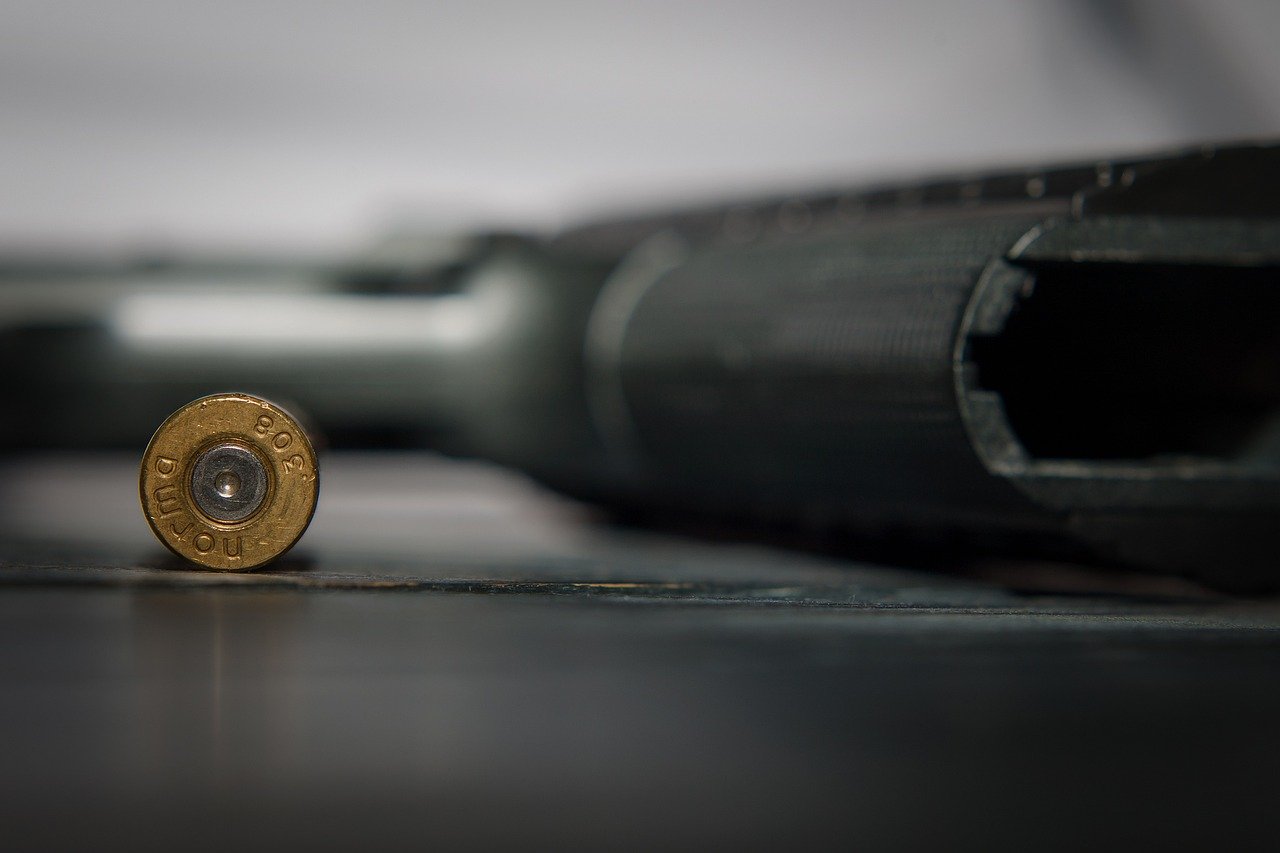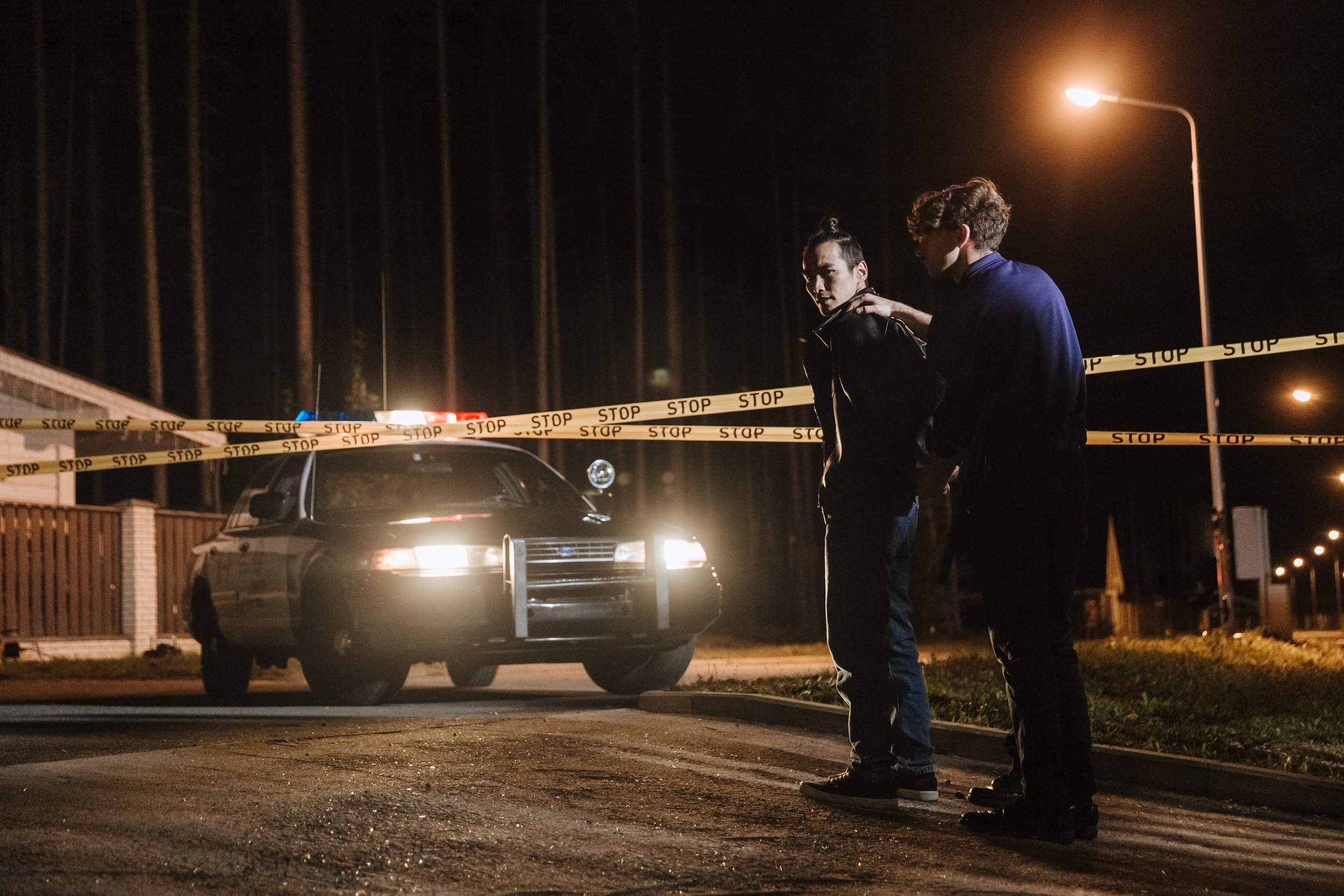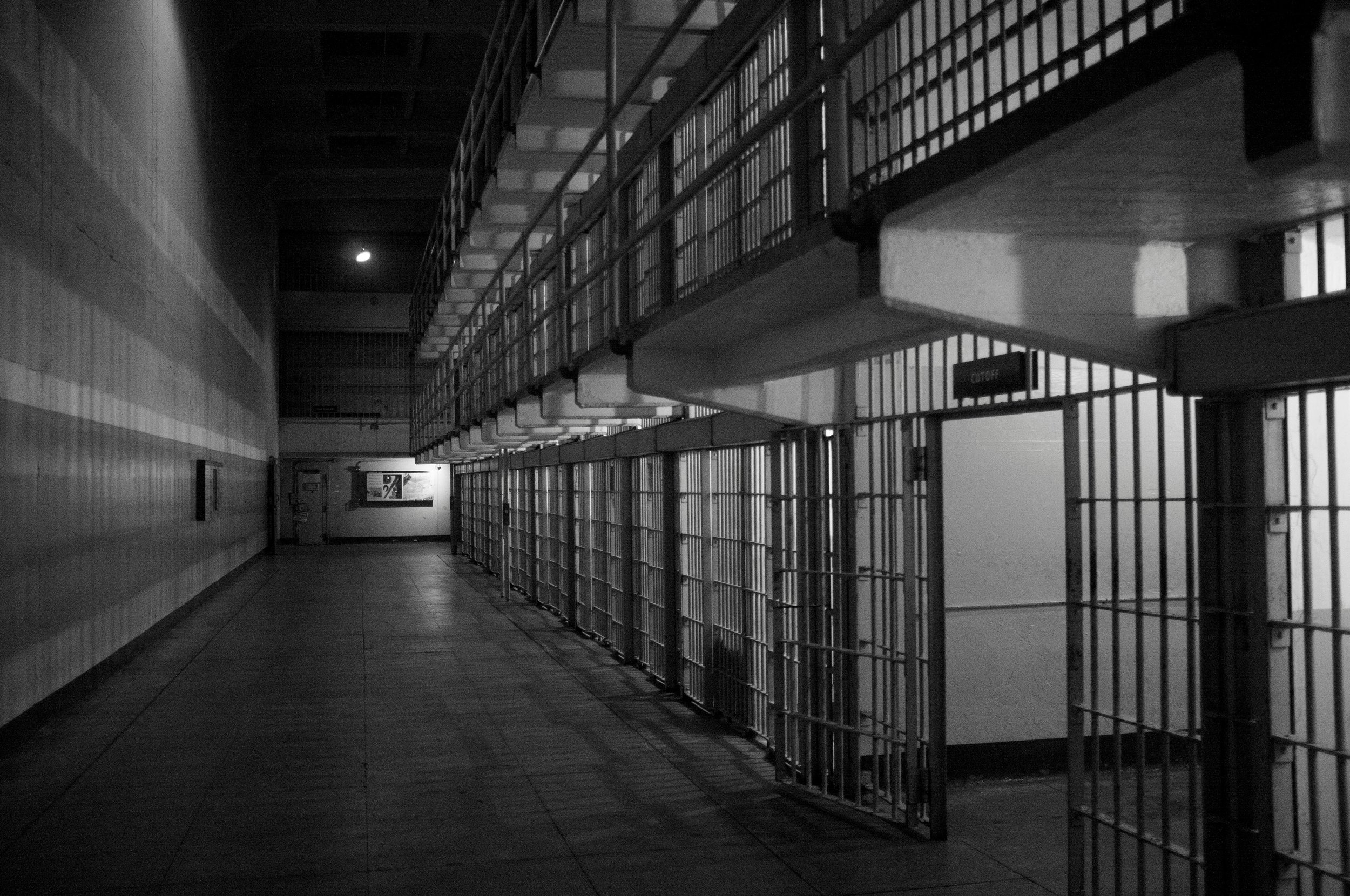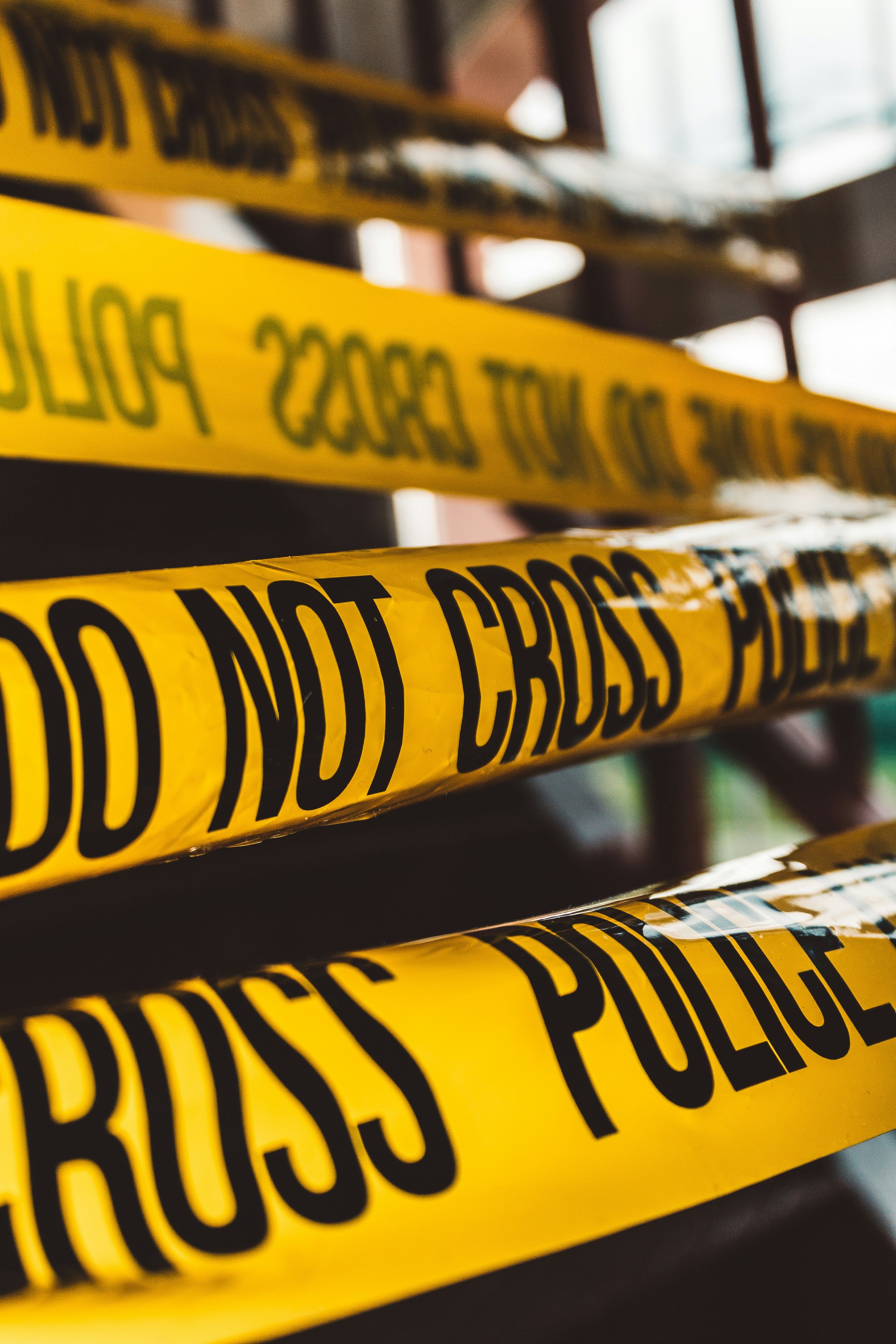
Murder + Homicide
Criminal Defense Lawyer Serving Philadelphia
Murder + Homicide Defense Attorney in Philadelphia
A murder or homicide charge is one of the most serious crimes that a person can face. Whether it is an intentional act or a result of a tragic accident, being charged with murder or homicide can have a life-altering impact on the accused and their loved ones. In these circumstances, it is essential to have a seasoned and knowledgeable criminal defense attorney like Jules Szanto to navigate the complex legal process and defend your rights.
Murder and homicide charges are criminal charges that involve the intentional killing of another person. Murder is the most serious of these charges and is defined as the intentional, premeditated killing of another person. Homicide, on the other hand, refers to the killing of another person, but without premeditation or intent. Manslaughter and voluntary manslaughter are also types of homicide charges, but with different levels of intent.
If you or someone you know has been charged with murder or homicide, it is important to seek the help of an experienced criminal defense attorney as soon as possible. The consequences of a conviction can be severe, and an experienced attorney can help you navigate the legal system and protect your rights. At Szanto Law, we have the knowledge and experience necessary to defend our clients against these charges.
Types of Murder + Homicide Charges in Philadelphia
In the Commonwealth of Philadelphia, there are several different types of murder and homicide charges that a person may face. These charges range from first-degree murder, which is premeditated and intentional, to involuntary manslaughter, which is the result of criminal negligence. It is important to understand the specific charges you are facing and the potential consequences of a conviction in order to mount an effective defense.
First-Degree Murder. First-degree murder is the most serious type of murder charge in the Commonwealth of Philadelphia. This type of murder is premeditated and intentional. It involves planning the act of murder and carrying it out with malice and forethought. First-degree murder is punishable by life in prison without the possibility of parole or the death penalty, depending on the circumstances of the case and the laws in the jurisdiction where the crime was committed.
Second-Degree Murder. Second-degree murder is a type of murder charge that is less serious than first-degree murder but still carries severe consequences. This type of murder involves an intentional killing but without premeditation or planning. Second-degree murder is punishable by a minimum of 10 years in prison, with the possibility of life in prison.
Manslaughter. Manslaughter is a type of homicide charge that involves the killing of another person without premeditation or intent. Manslaughter can result from criminal negligence, such as in the case of reckless driving, or from an act that is committed in the heat of the moment. Manslaughter is punishable by up to 10 years in prison.
Voluntary Manslaughter. Voluntary manslaughter is a type of manslaughter that involves the intentional killing of another person in the heat of the moment, without premeditation or planning. This type of killing may result from a sudden fight or argument, for example. Voluntary manslaughter is punishable by up to 20 years in prison.
Involuntary Manslaughter. Involuntary manslaughter is a type of manslaughter that results from criminal negligence or recklessness. This type of manslaughter can occur when a person engages in dangerous or reckless behavior that results in the death of another person. Involuntary manslaughter is punishable by up to 5 years in prison.
Vehicular Homicide. Vehicular homicide is a type of involuntary manslaughter that involves the death of another person as a result of reckless or negligent driving. This type of crime may result from drunk driving, speeding, or other reckless behavior behind the wheel. Vehicular homicide is punishable by up to 7 years in prison.
Possible Defenses in Murder + Homicide Cases
When facing a murder or homicide charge, it is important to understand the various defenses that can be used. With the right defense strategy, it may be possible to reduce or even dismiss the charges against you.
Self-Defense: Self-defense is a common defense in murder and homicide cases where the defendant claims they were acting in self-defense and that their actions were necessary to protect themselves from serious harm or death. The key to a successful self-defense argument is proving that the defendant had a reasonable belief that they were in imminent danger and that their actions were proportional to the perceived threat.
Defense of Others: The defense of others is similar to self-defense, but it involves protecting someone else, such as a family member, from harm or death. To be successful, the defendant must prove that they had a reasonable belief that the person they were protecting was in imminent danger and that their actions were necessary to prevent that harm.
Insanity Defense: The insanity defense is based on the premise that the defendant was not capable of forming the intent to commit a crime because they suffered from a mental illness or defect at the time of the offense. This defense is difficult to prove and requires extensive psychiatric evaluation and testimony.
Alibi Defense: An alibi defense involves the defendant claiming that they were not at the scene of the crime when it occurred. This defense requires the defendant to provide evidence, such as witness testimony or documentation, to support their claim.
Mistake of Fact Defense: The mistake of fact defense involves the defendant claiming that they did not have the intent to commit a crime because they were operating under a misunderstanding or mistake of fact. For example, if a defendant believes that they are participating in a legal activity, but it is later discovered to be illegal, they may be able to use the mistake of fact defense.
Consequences of a Murder or Homicide Conviction in Philadelphia
If you are convicted of murder or homicide in Philadelphia, the consequences can be severe and long-lasting. Depending on the circumstances of the crime and the severity of the charges, you may face penalties such as life in prison, significant fines, and a permanent criminal record. In addition, a conviction for murder or homicide can have a profound impact on your personal and professional life, affecting your reputation, relationships, and future opportunities.
It is essential to have experienced legal representation on your side if you have been charged with murder or homicide. An experienced criminal defense attorney like Jules Szanto can help you understand the charges against you, the potential consequences, and the best defense strategies available. With a thorough understanding of Philadelphia’s criminal laws and a commitment to protecting your rights, Jules Szanto will work tirelessly on your case.
Contact Szanto Law for Murder + Homicide Defense
If you have been charged with murder or homicide, it is imperative to seek experienced legal representation immediately. Contact Szanto Law today to schedule a consultation and learn more about our murder and homicide defense services. Don't wait, secure the legal support you need now.




